Home>Garden Essentials>Why Farmers Don’t Like Using Hybrid Seeds
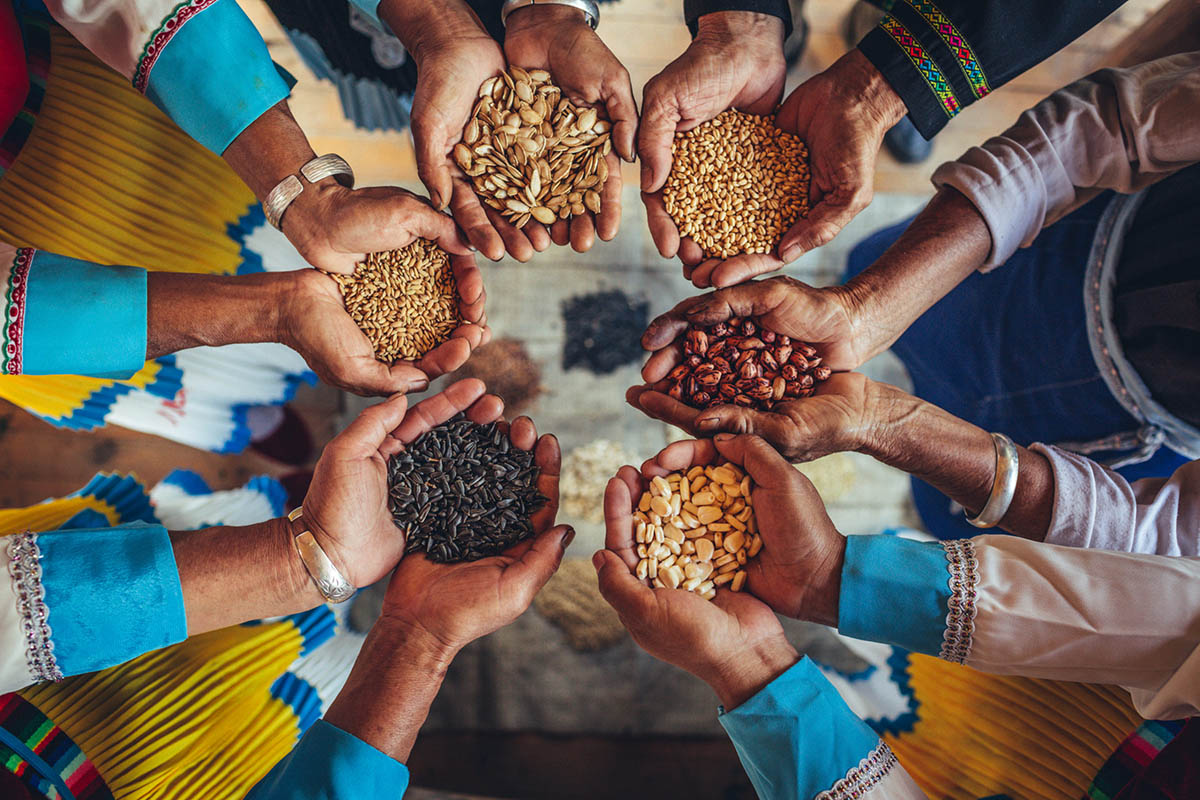

Garden Essentials
Why Farmers Don’t Like Using Hybrid Seeds
Modified: March 16, 2024
Discover why farmers have a reluctance to embrace hybrid seeds in their gardens. Uncover the reasons behind their preference for traditional varieties and the potential drawbacks they find with hybrids.
(Many of the links in this article redirect to a specific reviewed product. Your purchase of these products through affiliate links helps to generate commission for Storables.com, at no extra cost. Learn more)
Introduction
In the world of agriculture, seed selection plays a crucial role in determining the success and productivity of crops. Farmers have traditionally relied on open-pollinated or heirloom seeds, which are derived from plants that freely exchange pollen. However, in recent years, hybrid seeds have gained popularity due to their perceived advantages in terms of yield and disease resistance. Despite the potential benefits, many farmers still harbor reservations about the use of hybrid seeds. In this article, we will explore the reasons why farmers are resistant to using hybrid seeds, as well as the challenges and concerns associated with their adoption.
Hybrid seeds are created by crossbreeding two genetically distinct plants to produce offspring with desired traits. These traits may include increased yields, improved pest and disease resistance, or better adaptability to specific environmental conditions. While hybrid seeds offer certain advantages, such as uniformity and improved performance in controlled environments, they also come with their fair share of drawbacks.
Key Takeaways:
- Farmers are hesitant to use hybrid seeds due to loss of traditional practices, dependency on seed companies, cost concerns, and limited control over crop traits.
- Hybrid seeds offer higher yields and disease resistance, but also pose challenges such as limited genetic diversity and environmental impact.
Pros and Cons of Hybrid Seeds
Hybrid seeds have gained popularity among farmers due to their potential advantages. Here are some of the pros and cons associated with their use:
Pros:
- Higher yields: One of the primary reasons farmers consider using hybrid seeds is their ability to produce higher yields compared to traditional open-pollinated varieties. This increased productivity can be attributed to the careful breeding and selection of parent plants with desirable traits.
- Disease resistance: Hybrid seeds are often bred to possess improved resistance to common diseases and pests, which can reduce the need for chemical interventions such as pesticides. This can result in cost savings and a more environmentally-friendly approach to farming.
- Uniformity: Hybrid seeds tend to produce plants with consistent characteristics, such as size, shape, and color. This uniformity can be advantageous for farmers who need consistent quality and appearance to meet market demands.
- Adaptability: Some hybrid seeds are bred to thrive in specific environmental conditions, making them well-suited for particular regions or climates. This can help farmers overcome challenges such as drought or heat stress and increase the chances of a successful harvest.
Cons:
- Dependency: Hybrid seeds are typically sold by seed companies, leading to a reliance on external sources for seed supply. This dependency can be a concern for farmers, as they may be subjected to price fluctuations or limited availability.
- Seed saving limitations: Unlike open-pollinated or heirloom seeds, hybrid seeds do not produce offspring with the same desirable traits when saved and replanted. This means that farmers cannot save seeds from hybrid crops for future plantings, adding to their reliance on seed suppliers.
- Cost: Hybrid seeds generally come at a higher price point compared to traditional seeds. While the potential for increased yields may offset the initial investment, the higher cost can pose a barrier to small-scale or resource-constrained farmers.
- Limited genetic diversity: Hybrid seeds are the result of controlled crossbreeding, which can lead to a reduction in genetic diversity. This lack of diversity may make crops vulnerable to diseases and pests that can rapidly adapt to the uniform traits of hybrid plants.
While the advantages of hybrid seeds are attractive to many farmers, it is important to consider these potential drawbacks and the specific needs of each farming operation before making a decision.
Why Farmers Are Resistant to Using Hybrid Seeds
Despite the potential benefits that hybrid seeds offer, many farmers still have reservations about adopting them. Here are some of the reasons why farmers may be resistant to using hybrid seeds:
Read more: Why Don’t Farmers Use GMO Seeds
Loss of Seed Saving Tradition
For generations, farmers have relied on the practice of saving seeds from their harvest to replant for the following season. This tradition not only saved them money but also allowed them to maintain a diverse pool of local seed varieties adapted to their specific microclimates. Hybrid seeds, however, do not produce offspring with the same desired traits when saved and replanted. This loss of the seed-saving tradition represents a significant concern for farmers who value their independence and self-sufficiency.
Dependency on Seed Companies
Using hybrid seeds often means relying on seed companies for a consistent supply. This dependence can create vulnerability for farmers, as they may be subject to price fluctuations and limited availability. Additionally, it can be challenging for small-scale farmers or those in remote areas to access hybrid seeds, further contributing to the resistance towards their use.
Cost Considerations
Hybrid seeds generally come at a higher price point compared to traditional open-pollinated varieties. While the potential for increased yields with hybrid seeds can offset the initial investment, the higher cost can still be a barrier for farmers operating on a tight budget or with limited financial resources. The upfront costs associated with purchasing hybrid seeds, coupled with the need to re-purchase seeds each season, can pose a significant financial burden on farmers.
Limited Control and Adaptability
Using hybrid seeds means relinquishing some control over the breeding process. Farmers do not have the ability to tailor the characteristics of the seeds according to their specific preferences or changing environmental conditions. This lack of control and adaptability can be frustrating for some farmers, who prefer the flexibility and freedom offered by open-pollinated or heirloom seeds.
Read more: Why Do Farmers Practice Crop Rotation
Uncertainty of Performance
While hybrid seeds are known for their potential to yield high productivity, farmers may be skeptical about whether those claims will hold true in their specific farming conditions. There is a need for farmers to observe and evaluate the performance of hybrid seeds on their own farm before fully committing to their use, which can create a barrier to adoption.
Overall, the resistance to using hybrid seeds stems from concerns about the loss of traditional seed-saving practices, dependency on seed companies, cost considerations, limited control and adaptability, and uncertainty about performance. It is important for farmers to carefully assess their priorities, resources, and farming goals before making a decision on whether to embrace hybrid seeds or stick to traditional varieties.
Challenges Associated with Hybrid Seeds
While hybrid seeds offer potential benefits, there are also challenges that farmers may face when using them. Here are some of the main challenges associated with hybrid seeds:
Seed Availability
One of the primary challenges farmers face with hybrid seeds is ensuring a consistent and reliable supply. Unlike open-pollinated varieties that can be saved and replanted, hybrid seeds must be purchased from seed companies each planting season. This reliance on specific seed suppliers can be problematic if there are limited options available or if there are issues with seed production or distribution.
Costs
Hybrid seeds are generally more expensive than traditional open-pollinated seeds, which can present a financial burden for farmers, especially small-scale or resource-limited farmers. The higher cost of hybrid seeds can limit their accessibility, particularly in developing countries where farmers may struggle to afford the initial investment.
Uniformity and Homogeneity
While uniformity can be a benefit of using hybrid seeds, it can also be a challenge. The consistent traits of hybrid plants can make them more susceptible to pests and diseases that can rapidly adapt to their uniform genetic makeup. This lack of genetic diversity can increase the risk of crop failures and reduce resilience in the face of changing environmental conditions.
Loss of Genetic Diversity
Hybrid seeds are created by crossing two genetically distinct plants, resulting in offspring with specific desired traits. However, this process often leads to a reduction in overall genetic diversity. Loss of genetic diversity can make crops more vulnerable to diseases, pests, and other environmental stresses, as they lack the varied genetic traits that provide natural defense mechanisms.
Adaptability to Local Conditions
Hybrid seeds are often bred to perform well under specific conditions, such as particular soil types or climates. While this can be advantageous in certain regions, it can limit the adaptability of the crops to different environments. Farmers who operate in diverse or challenging growing conditions may find that hybrid seeds do not perform as well as locally adapted open-pollinated varieties.
Limited Farmer Autonomy
Using hybrid seeds often means relying on seed companies and suppliers for a consistent supply. This dependence can reduce the autonomy and control farmers have over their seed supply. The inability to save and reuse seeds creates a reliance on external sources and can limit the ability to tailor crops to specific preferences or adapt to changing conditions.
Despite these challenges, hybrid seeds continue to be used by many farmers around the world. However, it is important for farmers to carefully consider these challenges and assess whether the potential benefits outweigh the drawbacks in their specific farming situations.
Read more: What Are Hybrid Seeds
Effects of Hybrid Seeds on Crop Diversity
The use of hybrid seeds in agriculture has had a significant impact on crop diversity. While hybrid seeds offer certain advantages in terms of yield and performance, they also present challenges when it comes to maintaining genetic diversity. Here are some of the effects of hybrid seeds on crop diversity:
Loss of Traditional Varieties
With the adoption of hybrid seeds, many farmers have shifted away from using traditional open-pollinated or heirloom varieties. These traditional varieties often possess unique genetic traits that have been preserved and adapted over generations. However, as farmers opt for hybrid seeds, there is a risk of losing these traditional varieties, along with their valuable genetic diversity and cultural significance.
Decreased Genetic Variation
Hybrid seeds are created by crossing two genetically distinct parent plants to produce offspring with desired traits. This controlled breeding process focuses on specific genetic combinations, resulting in a reduction in overall genetic variation within the crop population. As a result, the genetic pool becomes more homogenous, which may make crops more susceptible to pests, diseases, and other environmental stresses that can quickly adapt to the uniform traits of hybrid plants.
Limited Adaptability and Resilience
The loss of genetic diversity due to the use of hybrid seeds can limit the adaptability and resilience of crops. Genetic diversity is essential for plants to respond to changing environmental conditions such as climate change, pests, and diseases. The ability to adapt and evolve becomes compromised when crops exhibit limited genetic diversity, making them more vulnerable to disruptions in the ecosystem.
Dependency on Seed Companies
Hybrid seeds are typically proprietary products developed and sold by seed companies. Farmers who opt for hybrid seeds become dependent on these companies for their seed supply. This dependency can further decrease crop diversity as farmers have limited access to diverse seed sources and are constrained by the limited varieties offered by seed companies.
Conservation of Local Germplasm
As farmers switch to using hybrid seeds, there is a risk of neglecting and losing local germplasm. Local germplasm refers to the plant varieties that have adapted to specific geographic regions and have evolved unique traits suited to local environmental conditions. By favoring hybrid seeds, farmers may inadvertently neglect and diminish the conservation of these locally adapted varieties, potentially leading to their extinction.
Overall, the use of hybrid seeds has led to a loss of traditional varieties, decreased genetic variation, limited adaptability and resilience, increased dependency on seed companies, and the neglect of local germplasm. As we strive for sustainable and resilient agriculture, it is crucial to recognize and address the impact of hybrid seeds on crop diversity and to promote the conservation and utilization of diverse seed sources to ensure the long-term sustainability of our food systems.
The Economics of Using Hybrid Seeds
The adoption of hybrid seeds in agriculture has economic implications for farmers. While hybrid seeds offer potential benefits, such as increased yields and improved disease resistance, there are economic considerations that farmers must take into account. Here are some key aspects to consider regarding the economics of using hybrid seeds:
Higher Initial Investment
One of the primary economic factors that farmers need to consider when using hybrid seeds is the higher upfront cost. Hybrid seeds are typically more expensive than traditional open-pollinated varieties. The initial investment required to purchase hybrid seeds can be a significant financial burden, particularly for small-scale farmers with limited capital. However, the potential for increased yields may offset the initial cost in the long run.
Potential for Increased Yields
One of the main selling points of hybrid seeds is their potential to deliver higher yields compared to traditional varieties. This increased productivity can lead to higher profits for farmers. However, it is important to note that the actual yield increase may vary depending on various factors such as the specific crop, growing conditions, management practices, and the genetic characteristics of the hybrid seeds used. Farmers should carefully evaluate the expected yield gains and compare them to the costs associated with hybrid seed adoption.
Seed Dependency
Using hybrid seeds often means relying on specific seed companies for a consistent supply. This dependency on seed suppliers can have economic implications. Farmers may face challenges such as price fluctuations, limited availability, and reduced bargaining power. Additionally, the inability to save and replant hybrid seeds means that farmers need to purchase new seeds each planting season, adding to their operational costs.
Market Demands and Quality Standards
The adoption of hybrid seeds can be influenced by market demands and quality standards. Some markets and buyers may have specific preferences or requirements regarding the characteristics of the crops, such as uniformity, size, or color. Hybrid seeds, with their consistent traits, may be better aligned with these market demands, allowing farmers to command higher prices or secure contracts. However, it is crucial for farmers to carefully evaluate the market dynamics and potential premiums associated with hybrid crops before making the switch.
Farm Size and Scale
The economics of using hybrid seeds may also be influenced by the size and scale of the farming operation. Larger-scale farms often have more resources and capacity to absorb the initial investment required for hybrid seeds. They may also have better access to markets and distribution channels, allowing them to capitalize on potential yield gains. On the other hand, small-scale farmers with limited resources may find it more challenging to afford the higher cost of hybrid seeds and may face more difficulty in accessing markets that demand hybrid crops.
Overall, the economics of using hybrid seeds involve a careful evaluation of the initial investment, expected yield gains, seed dependency, market demands, and the scale of the farming operation. Each farmer must assess these factors in relation to their specific circumstances, resources, and goals to determine whether adopting hybrid seeds is economically viable.
Read more: Where Were Hybrid Seeds Invented
Environmental Concerns with Hybrid Seeds
While hybrid seeds offer potential benefits in terms of yield and performance, there are also environmental concerns associated with their use. Here are some of the key environmental considerations when it comes to hybrid seeds:
Lack of Genetic Diversity
One of the main environmental concerns of using hybrid seeds is the reduction in genetic diversity. Hybrid seeds are created by crossing two genetically distinct parent plants to produce offspring with desired traits. This controlled breeding process focuses on specific genetic combinations, resulting in a reduction in overall genetic variation within the crop population. As a result, the genetic pool becomes more homogenous, which may make crops more vulnerable to pests, diseases, and environmental stresses.
Loss of Traditional Varieties
With the widespread adoption of hybrid seeds, there is a risk of losing traditional open-pollinated or heirloom varieties. These traditional varieties often possess unique genetic traits that have been adapted and preserved over generations. They may have developed natural resistance to pests, diseases, and specific environmental conditions. By shifting towards hybrid seeds, there is a loss of these traditional varieties and the valuable genetic diversity they possess.
Increase in Chemical Inputs
While hybrid seeds may be bred for improved disease resistance, the reliance on chemical inputs such as pesticides and fertilizers may still be necessary. The uniformity of hybrid crops can make them more susceptible to certain pests and diseases and may require increased chemical interventions to control these threats. This can have negative impacts on the environment, including soil and water contamination and harm to beneficial organisms such as pollinators.
Dependency on Seed Companies
The use of hybrid seeds often means farmers become dependent on seed companies for a consistent supply. This dependency on external sources for seed supply can limit farmers’ autonomy and control over their farming practices. It can also contribute to the concentration of power in the hands of large seed companies, potentially leading to monopolistic practices and reducing options for farmers.
Impact on Biodiversity
The reduction in genetic diversity resulting from the use of hybrid seeds can have wider implications for biodiversity. When crops exhibit limited genetic variation, it can impact the surrounding ecosystem by disrupting ecological relationships and reducing resources available to native flora and fauna. This loss of biodiversity can have long-term consequences for ecosystem health and resilience.
Seed Saving Limitations
Unlike open-pollinated or heirloom seeds, hybrid seeds do not produce true-to-type offspring when saved and replanted. This limitation means that farmers cannot save seeds from hybrid crops for future plantings, leading to a reliance on seed companies and reducing farmers’ independence. The loss of seed-saving traditions also contributes to the loss of local varieties and the associated genetic diversity.
Considering these environmental concerns, it is essential to strike a balance between the potential benefits of hybrid seeds and the need to preserve genetic diversity, conserve traditional varieties, reduce chemical inputs, promote farmer autonomy, protect biodiversity, and maintain sustainable farming practices.
Conclusion
The adoption of hybrid seeds in agriculture has both advantages and challenges that must be carefully considered. While hybrid seeds offer potential benefits such as higher yields, improved disease resistance, and uniformity, they are not without drawbacks. Farmers may be resistant to using hybrid seeds due to the loss of traditional seed saving practices, concerns about dependency on seed companies, cost considerations, limited control and adaptability, and uncertainty about performance in specific farming conditions.
Farmers face challenges associated with hybrid seeds, including the availability and cost of seeds, the impact on crop diversity and genetic variation, the adaptability to local conditions, and the reduction in farmer autonomy. It is crucial to strike a balance between the potential benefits of hybrid seeds and the need to maintain genetic diversity, conserve traditional varieties, reduce chemical inputs, promote farmer autonomy, protect biodiversity, and embrace sustainable farming practices.
To address these concerns, farmers can explore strategies like preserving and exchanging traditional open-pollinated varieties, supporting local seed banks, and integrating agroecological practices into their farming systems. This can help maintain genetic diversity, enhance resilience, reduce dependence on external seed sources, and promote sustainable and environmentally friendly agriculture.
Ultimately, the decision to use hybrid seeds should be based on careful consideration of various factors, including the farm’s specific needs, resources, and goals. It is essential to assess the economic feasibility, environmental impact, and long-term sustainability of using hybrid seeds in the context of each farming operation. By adopting a holistic and responsible approach to seed selection, farmers can make informed decisions that benefit both their livelihoods and the environment.
Frequently Asked Questions about Why Farmers Don't Like Using Hybrid Seeds
Was this page helpful?
At Storables.com, we guarantee accurate and reliable information. Our content, validated by Expert Board Contributors, is crafted following stringent Editorial Policies. We're committed to providing you with well-researched, expert-backed insights for all your informational needs.
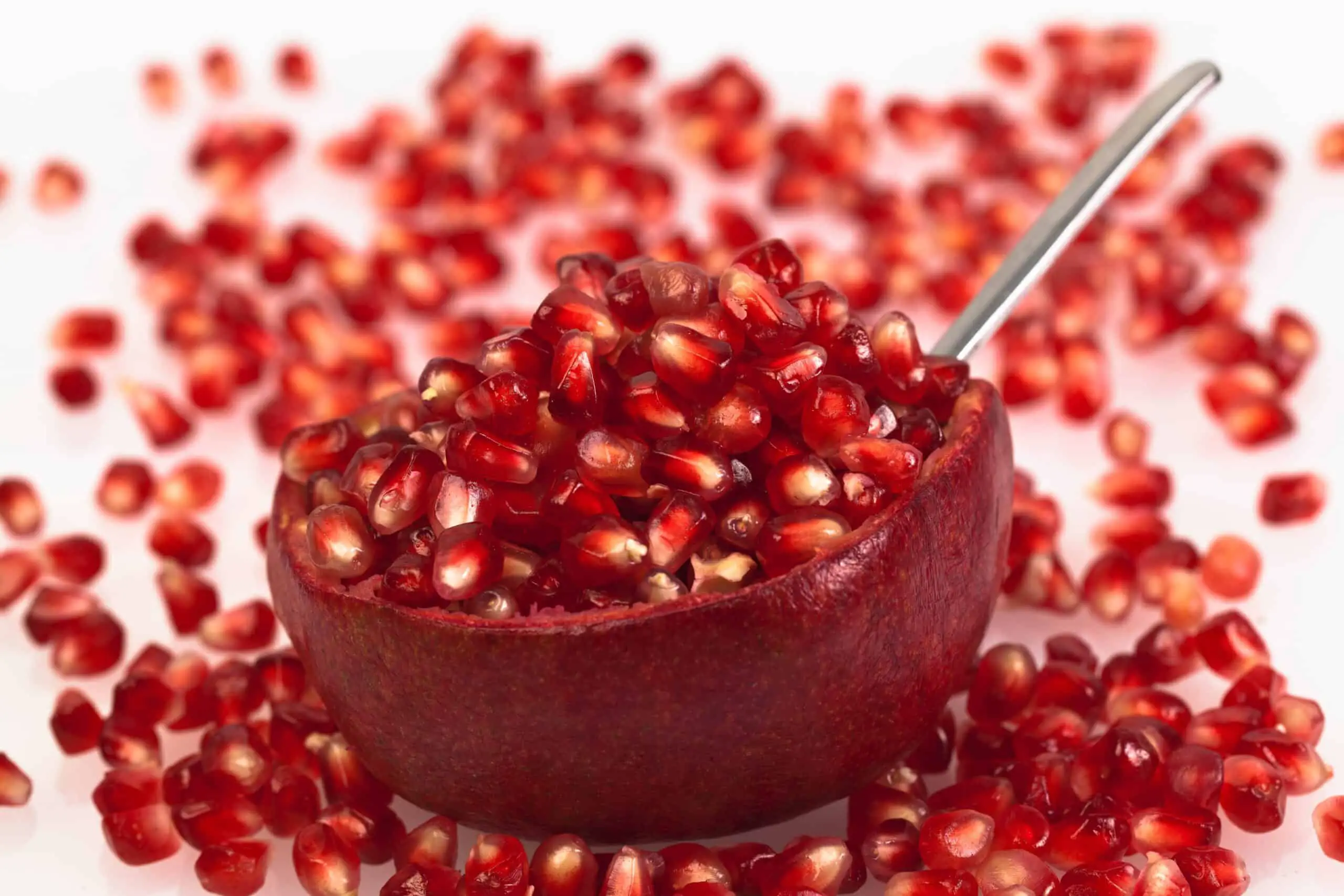

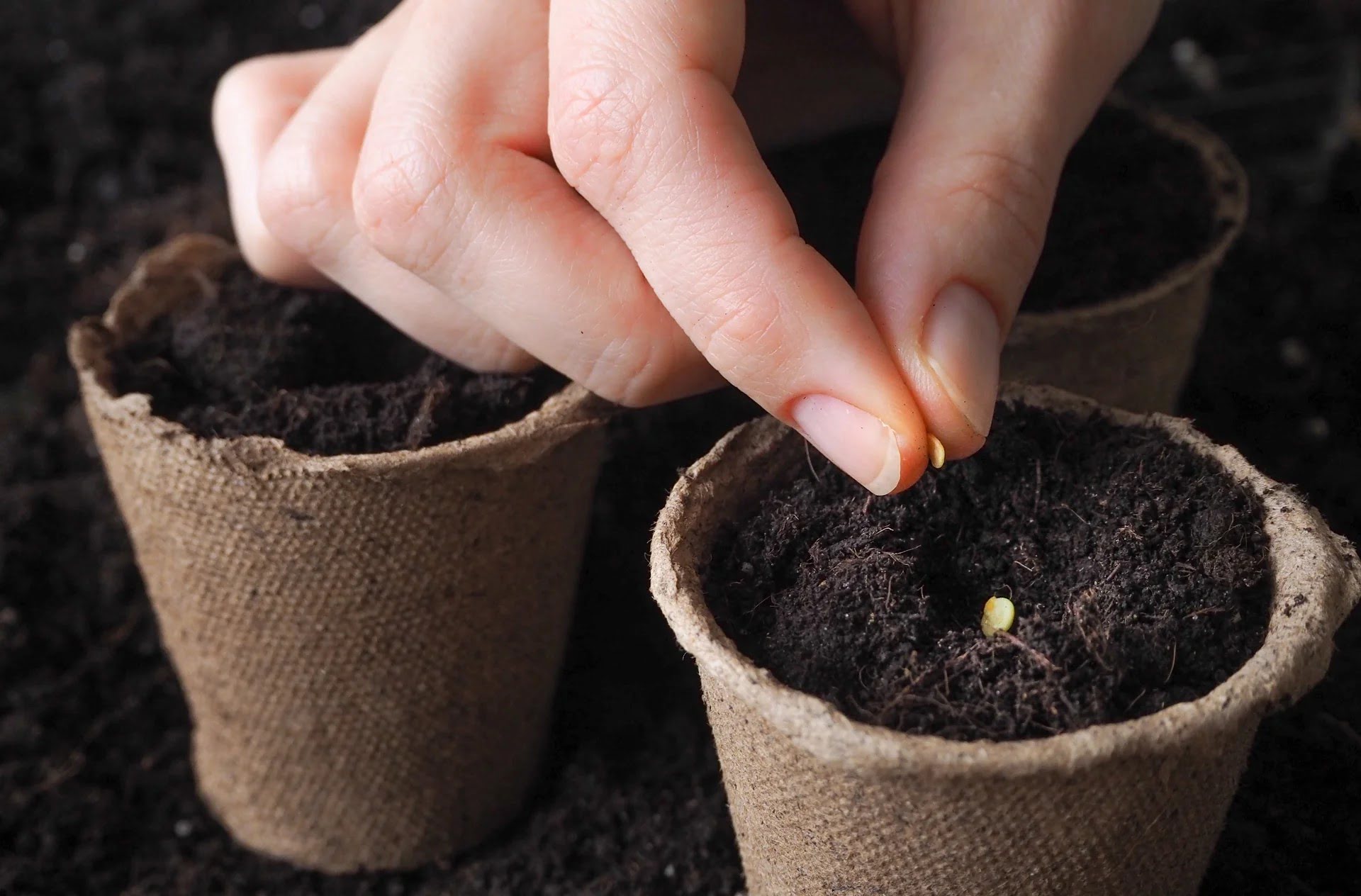

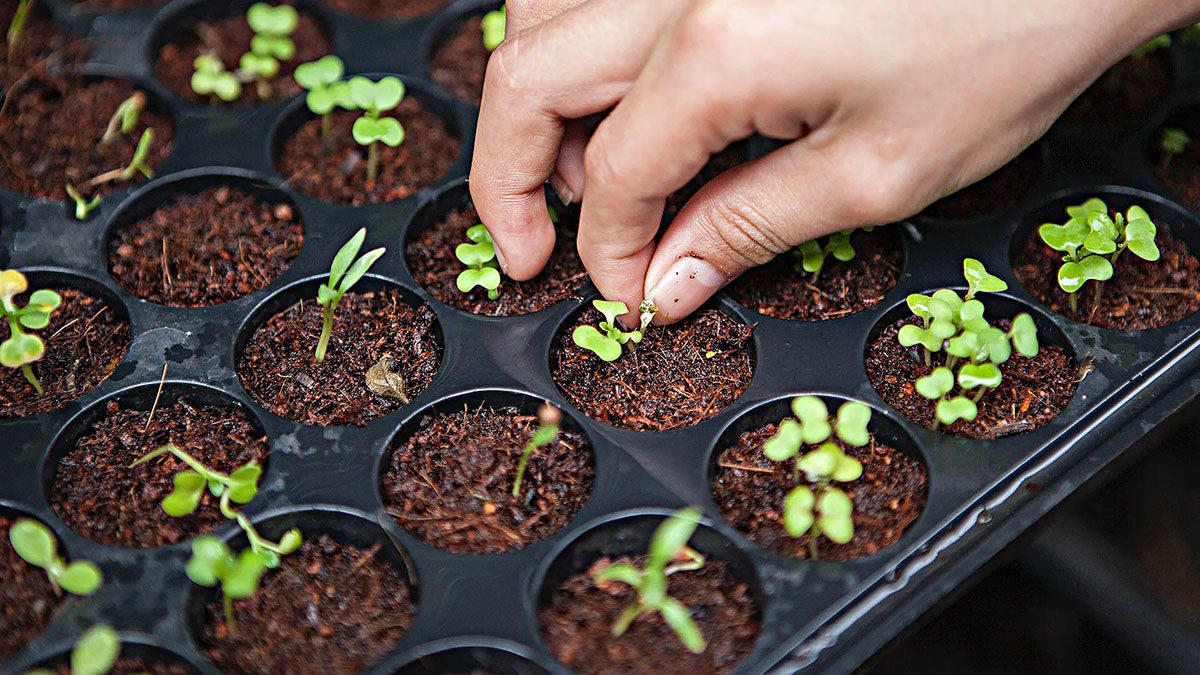
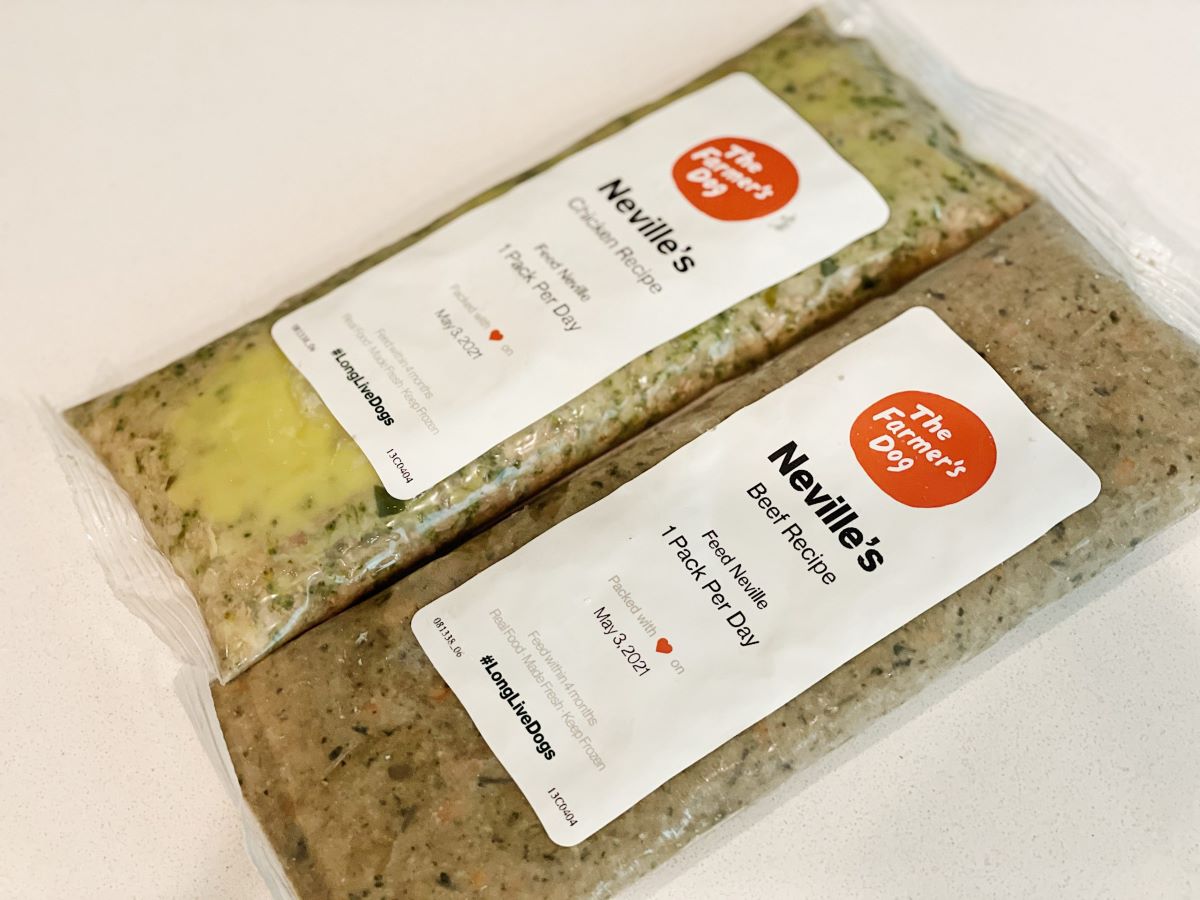
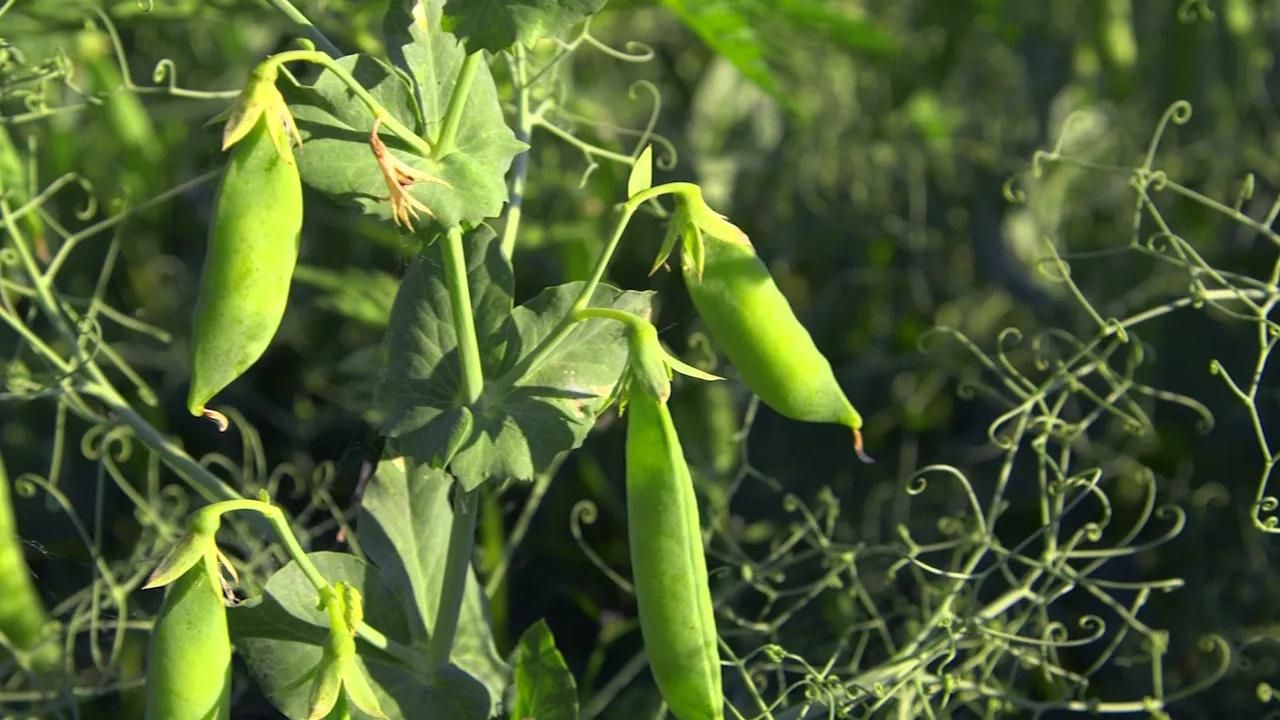

0 thoughts on “Why Farmers Don’t Like Using Hybrid Seeds”